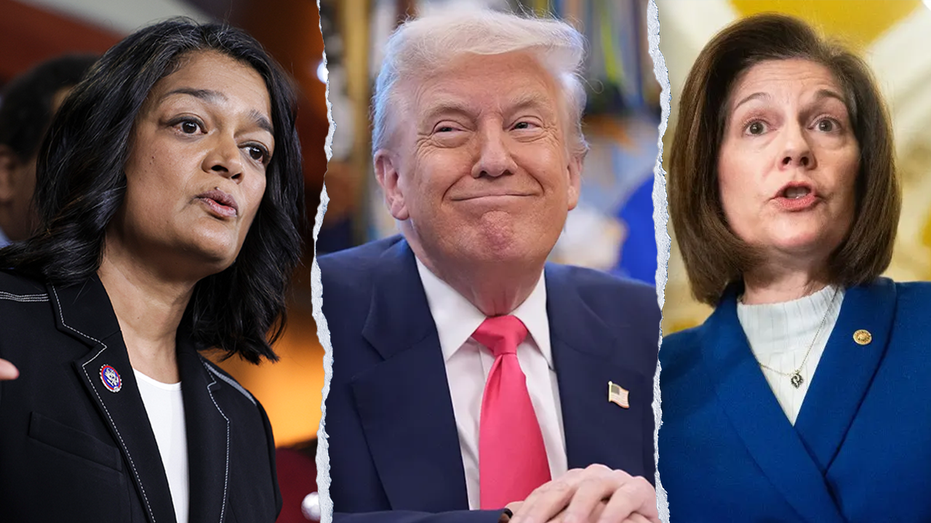A curious disconnect hangs over Capitol Hill. Despite predictions of economic hardship stemming from former President Trump’s tariffs, the stock market continues to demonstrate surprising resilience. When pressed on this apparent contradiction, Democratic lawmakers offered explanations that skirted a direct acknowledgment of the market’s performance.
Senator Catherine Cortez Masto of Nevada swiftly dismissed the relevance of the stock market, stating plainly, “The stock market is not the economy.” She argued that the true impact of the tariffs is felt by everyday Americans at the grocery store, where prices have demonstrably risen. These increased costs, she insisted, are a direct consequence of the imposed tariffs – effectively taxes levied on consumers.
Representative Pramila Jayapal presented a different perspective, suggesting the market’s gains primarily benefit the wealthiest Americans. She pointed to substantial tax breaks granted to corporations as the driving force behind the positive numbers, claiming these benefits haven’t translated into relief for working families. The stock market, in her view, reflects the fortunes of billionaires, not the broader economic reality.
Senator Angela Alsobrooks of Maryland emphasized the tangible struggles faced by her constituents. She noted that despite market indicators, the cost of essential goods like groceries and healthcare remains stubbornly high, creating a significant financial burden for many. Her focus, she stated, is squarely on addressing these everyday hardships.
Senator Chris Murphy of Connecticut acknowledged that prices on goods subject to tariffs have indeed increased. While recognizing the stock market’s importance to some, he asserted that consumer prices are the more pressing concern. He maintained that Trump’s economic policies, including the tariffs, are directly contributing to financial strain for Americans.
The narrative isn’t one-sided. Supporters of the former president contend that current high prices are a result of the Biden administration’s policies, not the tariffs themselves. They point to falling prices on certain goods as evidence of a positive trend, attributing it to the return of “pro-growth” policies.
Senator John Hoeven of North Dakota argued that the tariffs are aimed at securing fairer trade terms with other nations, ultimately benefiting American exports. He cautioned against focusing solely on short-term challenges, emphasizing that achieving a level playing field requires a sustained effort and yields long-term gains.
A surprising voice emerged from within the Democratic ranks. Senator John Fetterman of Pennsylvania expressed agreement with some of the tariffs, particularly those targeting China. However, he drew a distinction, criticizing the imposition of tariffs on allies like Canada, suggesting a more nuanced approach is warranted in certain sectors like steel.
When directly confronted with the market’s continued success, Senator Richard Blumenthal offered a pragmatic, if somewhat evasive, response. He admitted the inherent unpredictability of the stock market, suggesting that attempts to analyze or forecast its movements are often futile.






